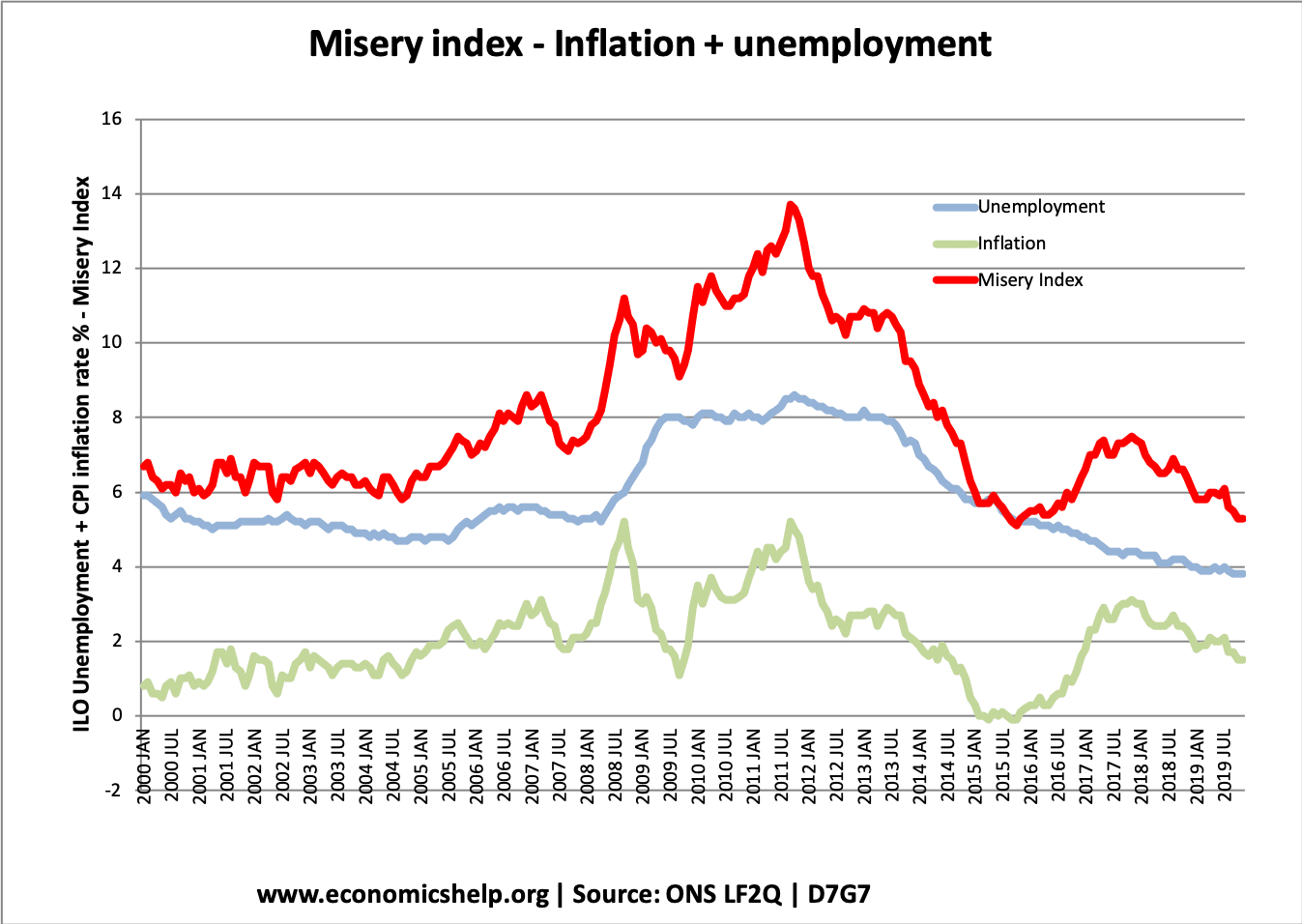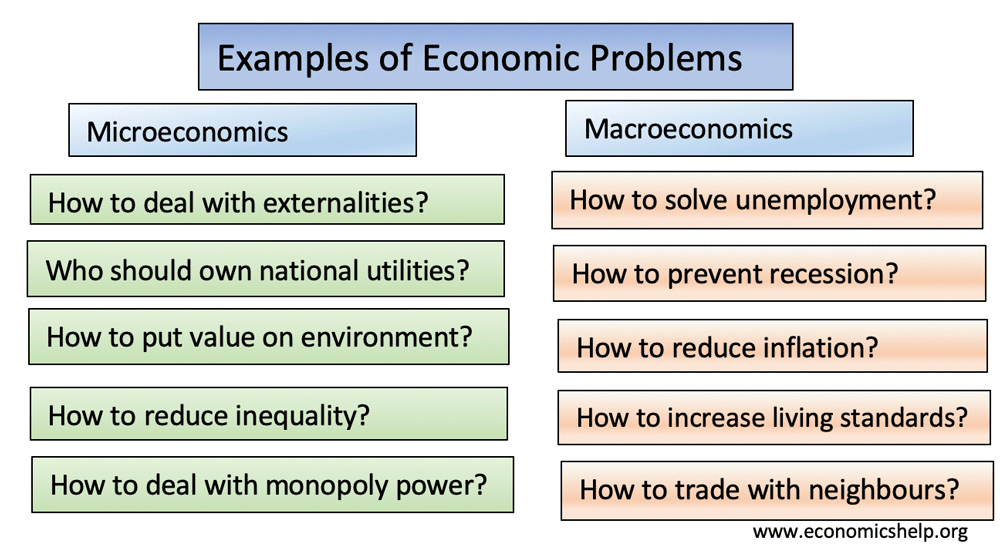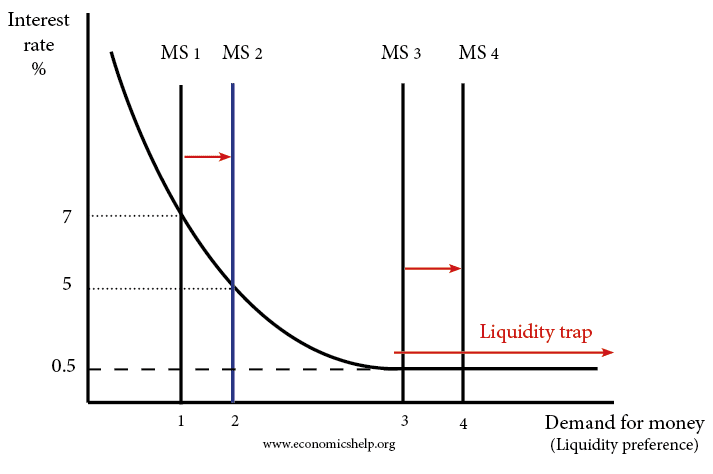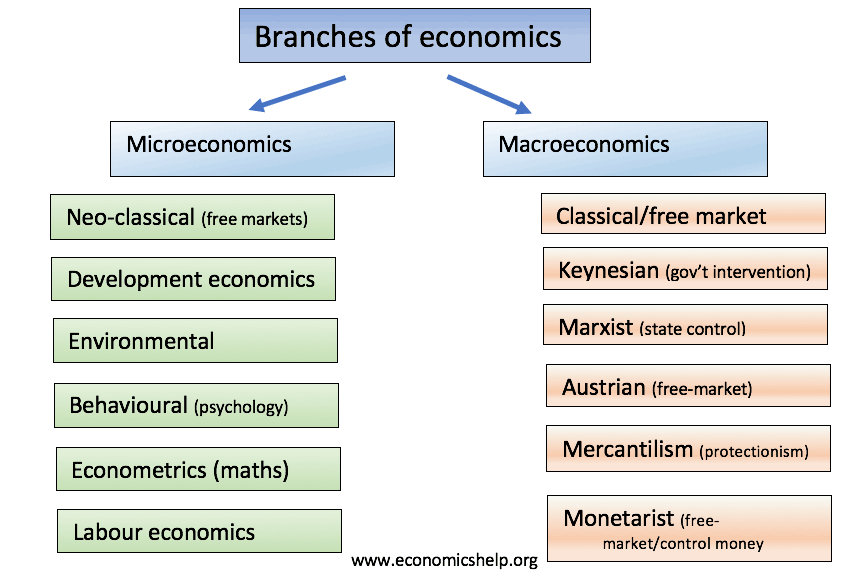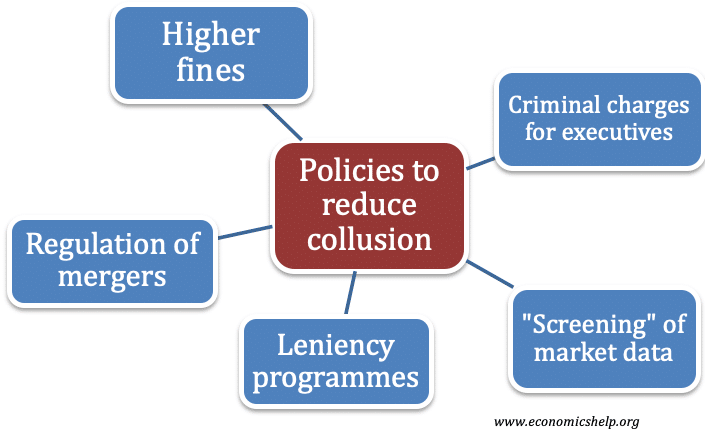Common Mistakes in Economics
Some potentially common mistakes in economics. 1. Confusion of rates of change and actual levels What happened to the UK price level between May 2011 and Feb 2015? The answer is that prices rose at a slower rate. There was a fall in the inflation rate. Prices were still rising just at a lower rate. …

